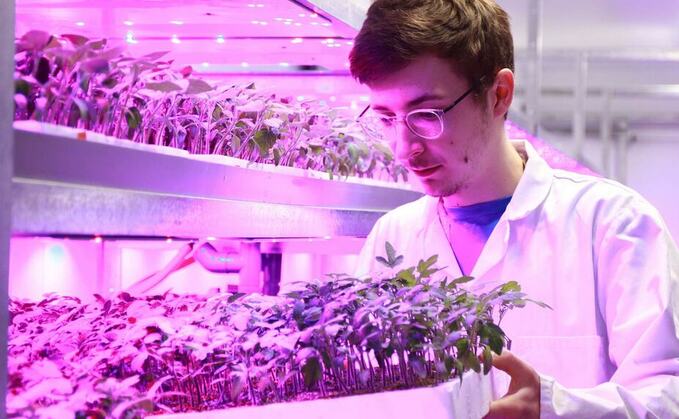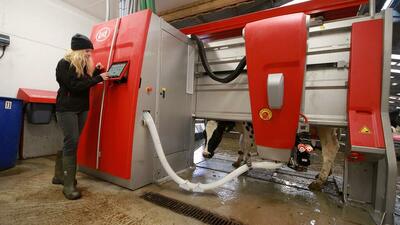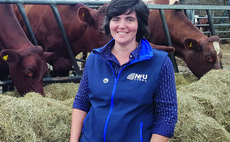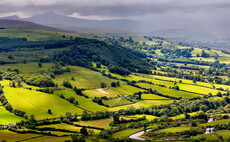
If your education path has taken a U-turn, a more practical approach may be what you are looking for. Sarah Todd finds out more.
Agriculture is experiencing a ‘Covid-19 bounce', with some colleges reporting an increase of up to 20 per cent in students enrolling for September. Although online learning was a lifeline during lockdown, education leaders like Bill Meredith, chief executive and principal of Bishop Burton College in Yorkshire, says ‘Zoom fatigue' and social isolation have played their part in the healthy figures. "
The numbers of students accepted for land-based courses has increased by between 15 and 20 per cent in agriculture and equine subjects, at both Further Education [FE] and Higher Education [HE] levels," says Mr Meredith.
"The high levels of interest in BTEC programmes in particular may reflect the desire of young people to engage in more practical, hands-on learning as opposed to the academic A-level route. Online remote learning was a godsend during lockdown, but Zoom fatigue and social isolation have taken a toll, not least on students' well-being.
"More vocational, applied degree programmes are also increas-ingly popular, which may be due to a realisation that a degree is no guarantee of a job and that preparation for employment is a primary consideration. Some HE students deferred their offers places last year in the expectation the Covid-19 would be less likely to interrupt their college attendance if they took a year out. This may prove to have been a sensible decision as the plan is very much to return to faceto- face teaching this year for all students.
"Acceptances on Masters programmes have increased this year and this appears to be a trend across the university sector. The speculation is that graduates, unable to find suitable jobs due to Covid-19, have decided to remain in education. This is not the case with agriculture, where employers are finding it extremely difficult to fill vacancies for skilled staff."
Reaseheath College, Cheshire, has also received a ‘significantly higher' number of applications from students eager to begin diplomas in agriculture and agricultural engineering in September. Applications for Reaseheath's degrees in agriculture are also buoyant.
Important
A college spokesperson told Íæż½ã½ã: "Seeing farmers and food producers working throughout Covid-19 to feed the nation has really brought home to young people how important careers in this sector are. We also feel that young people have done more research online this year, due to being at home during lockdown, and have compared what different colleges offer.
"Our Level 3 Advanced Technical Extended Diploma in Agriculture, which has the full middle year on work placement, continues to be very popular as it gives students the chance to truly experience different types of farming. The fact that we have allowed residential students to remain on campus when allowed during lockdown has also been very much appreciated and residential applications are high."
Philip Watson, associate head of department in agriculture at Hartpury, says the Gloucester university experienced the coronavirus bounce last year.
"Numbers have levelled off to what we would expect this year; although the Covid-19 bounce is still apparent in areas like the numbers of mature students," says Mr Watson.
"It is a combination of people having reassessed their lives following Covid-19, realising that the agricultural industry offers a rewarding career and lifestyle, and those already working within the sector who have decided to upskill and take advantage of the developing jobs market. There is no doubt that a lot of people from non-farming backgrounds recognised that agriculture and food production were crucial industries during lockdown.
"Also, with regard to the numbers doing BTEC courses rather than traditional A-levels, the pandemic has made us as a nation reassess the value of somebody being able to work with their hands. But, of course, that is not to say that agriculture is not a highly- skilled and technical industry. There is just a more general appreciation of the sectors like agriculture and food production that kept going throughout the Covid-19 crisis."






















